The management of Radio Sweden is closing down the Kurdish service, which has been broadcasting for 23 years, citing "economic crisis" as the reason.
The radio management has also decided to close some sections broadcasting in various languages, including the Kurdish section.
The Kurdish service, staffed by four individuals, will conclude its final broadcast on March 31, 2024, and will be closing down.
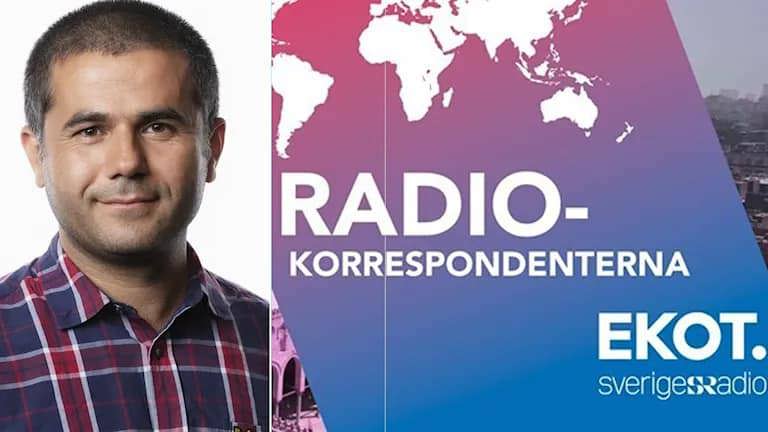
Beşir Kavak, an employee of the Kurdish section at Radio Sweden, mentioned in his statement to bianet that discussions about the closure of some sections due to "economic crisis" have been ongoing for the past few months. Kavak noted that, however, the name of the Kurdish service was not among those mentioned. He emphasizes that they experienced a huge shock:
"Great sorrow, a huge shock... The Kurdish editorial team within Swedish Radio was highly valued. It was considered a fundamental engine for multilingual broadcasting. There was a significant demand for us to conduct our broadcasts in Swedish also, and we were meeting that demand. As a team of four, we didn't view this work as just an 8-hour job; we saw it as our child. We were dedicated to nurturing it in the best and most beautiful way possible. We dedicated our days and nights to it, conducting most of our research outside of regular working hours. It wasn't just a job done for a livelihood; we saw it as an important section for both the general population in Sweden and the Kurdish community in Sweden. Our colleagues in other services are also deeply saddened."
"Significant loss for Kurdish journalism"
Beşir Kavak also expressed the significance of the Kurdish service of Radio Sweden for Kurdish journalism:
"We are aware of the situation in Kurdish media. Political structures establish media outlets out of necessity. Partisanship is clearly evident in Kurdish media. Media organizations often aim to increase their followers and readership, sometimes publishing news that is not well-founded or based on reliable sources. Radio Sweden, which maintains a high level of journalism, provides training for all employees several times a year. We are in constant contact with all our Swedish colleagues every day for news verification. Therefore, I consider the discontinuation of this example to be a significant loss."
"Bridge between the Kurdish community and Sweden"
Kavak highlights the two main tasks of the Kurdish section, stating that one is to "inform Kurds living in Sweden who cannot express themselves sufficiently in Swedish about the national agenda," and the other is to "raise awareness in the Swedish society about the problems of the Kurdish community living in Sweden."
Due to these two aspects, Kavak notes that the Kurdish service of Radio Sweden serves as a "bridge" between the Kurdish community and Sweden. He also expresses the view that the radio plays a significant role in the integration of the Kurdish community into Swedish society.
Following the announcement of the closure of the Kurdish section, Kurds living in Sweden and abroad expressed their reactions on social media platforms. Some social media users speculated, referring to Sweden's NATO membership, that the Kurdish section might have been closed due to Turkey's request. However, Beşir Kavak considers these claims as "speculation":
"As long as we don't have concrete evidence, all of these are just speculation. Based on my experience at the radio, I can say that I don't believe the radio management makes decisions under political influence. There is indeed independent media in Sweden. They make their decisions independently. I have also followed the discussions in question. There are some debates calling for the termination of broadcasts in foreign languages on the radio. However, without concrete evidence, all of these are just speculation."
Kurdish broadcast of Radio Sweden
Since the 1990s, several radio channels in Sweden emerged, focusing on broadcasts for immigrants and refugees. In 2001, a change occurred where some broadcasts were terminated, and new languages were added. Kurdish was among those languages. In addition to news bulletins, there was also a section dedicated to culture and arts. The broadcasts were carried out on FM as well. The broadcasts in Kurdish and other languages were independent. The Kurdish Radio was named "Zayele." In 2015, a change took place, and these broadcasts became affiliated with the News Center of Swedish Radio. FM broadcasting was discontinued, and the content shifted solely to internet radio. This format has persisted since then.
(FD/PE)






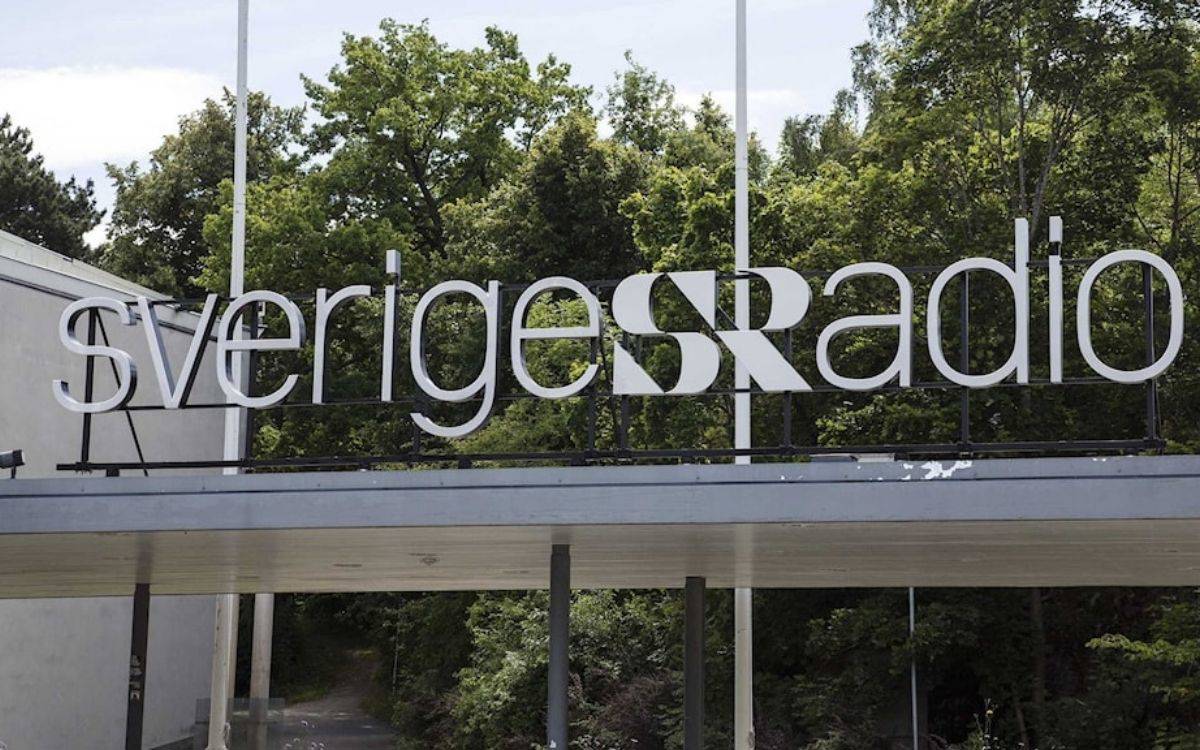
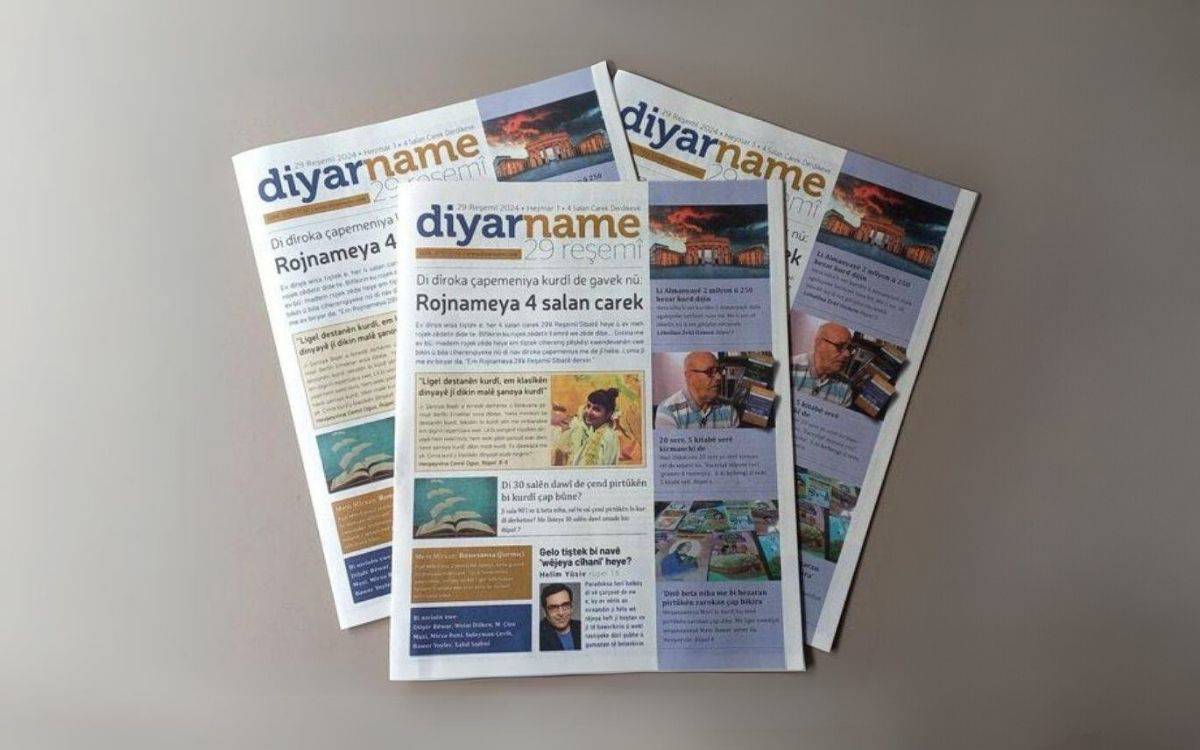
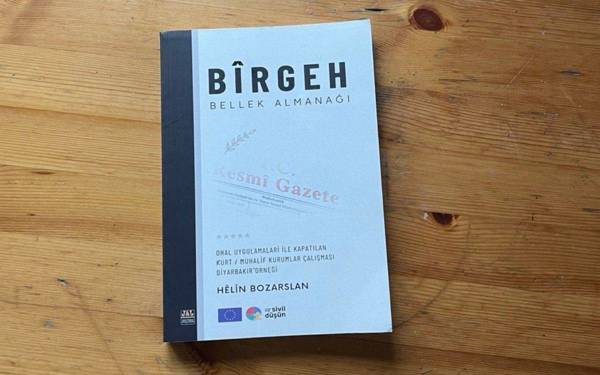
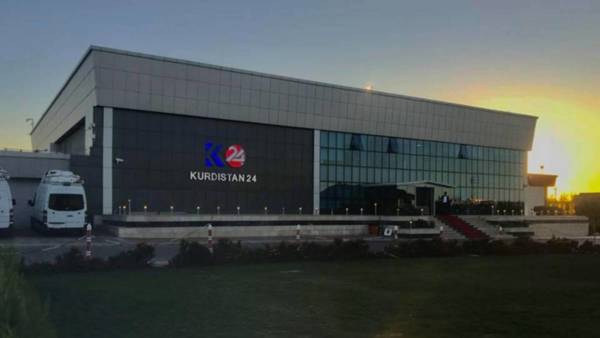
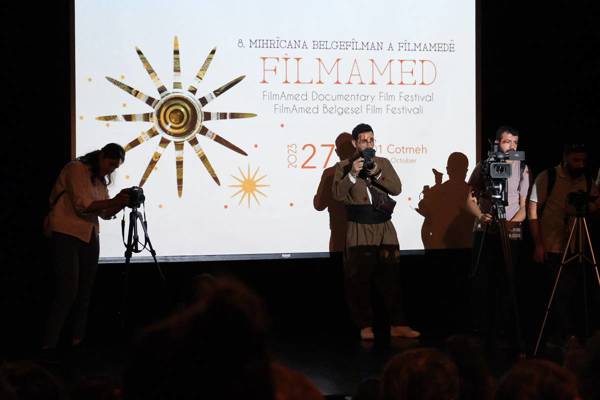
.jpg)